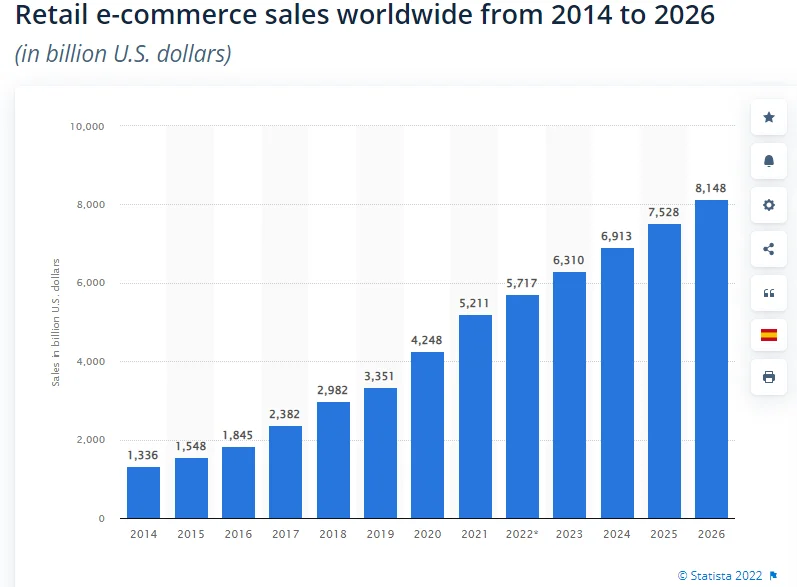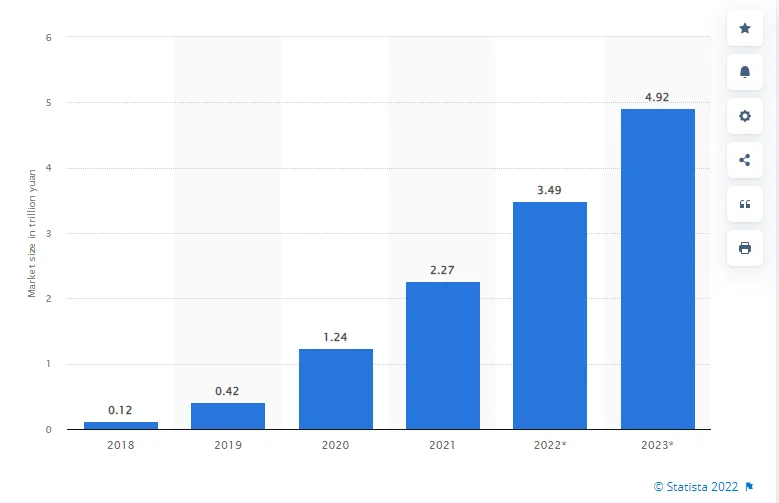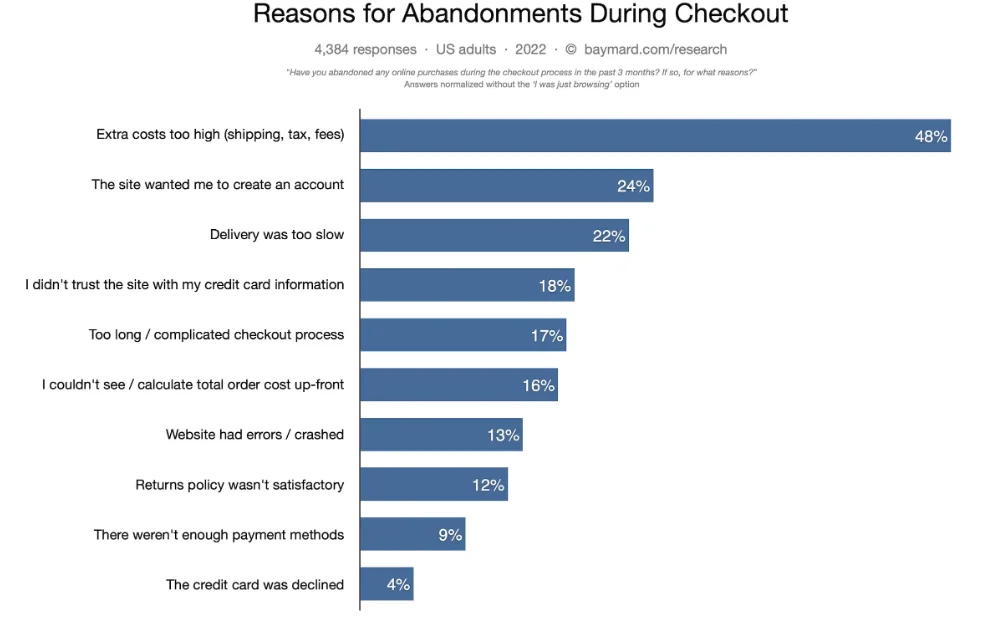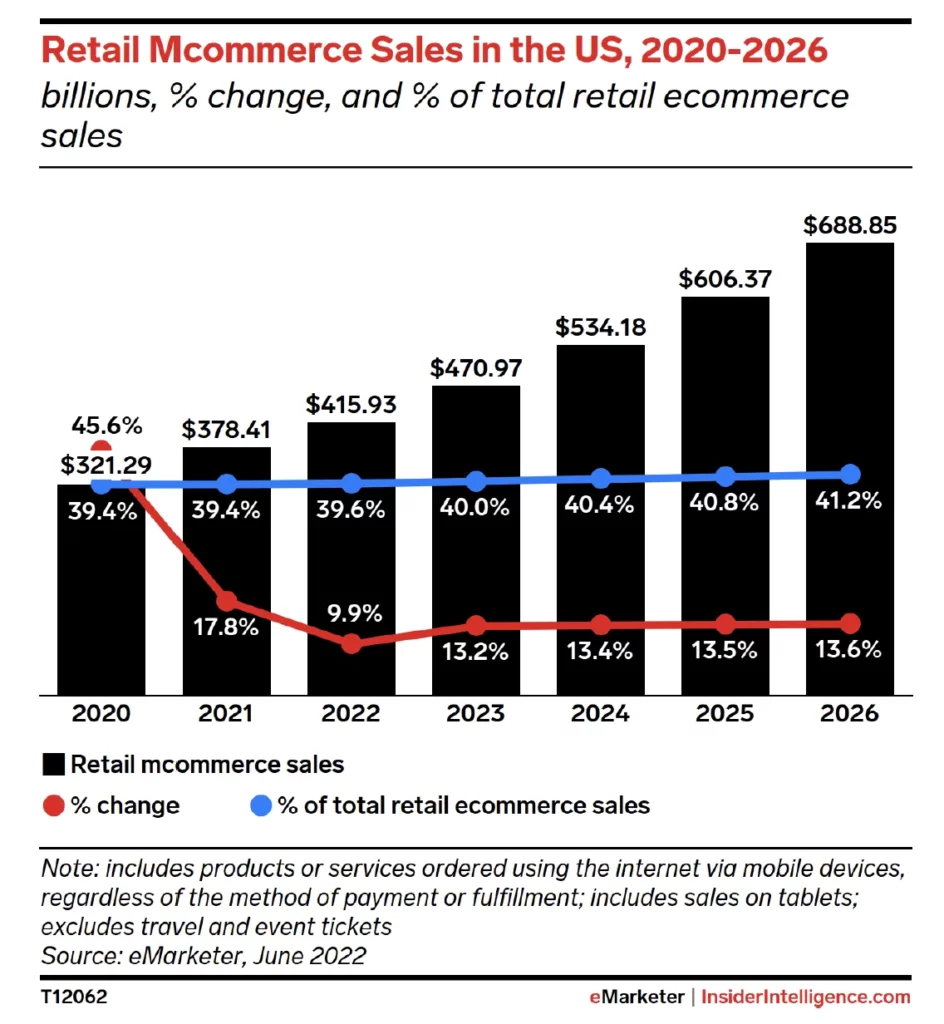The global retail eCommerce sales are expected to increase by over 85% from USD 3.53 trillion in 2019 to USD 8.1 trillion in 2026, reflecting the rapid growth of the e-commerce business.

E-commerce is rapidly growing and now is the best time if you want to make an investment into building one.
If you’re an offline retail or brand looking to build an e-commerce platform or you already have an online selling business but looking for a better platform, it can be confusing to choose the right one for your business.
There are many different options available and each one comes with its own advantages and disadvantages.
In this article, we’ll discuss how to choose an e-commerce platform for your business, considering hosted or self-hosted options, set up and maintenance costs, payment processing options, livestream shopping, security costs and more.
10 Important Things to Consider When Choosing an Ecommerce Platform
How to choose an e-commerce platform is a hot debate.
1. Hosting/Self-Hosting
If you’re looking to get started quickly, a hosted platform is the way to go. Hosted platforms come with pre-built functionality and integrations that make it easy for your store to work with other software. They also have built-in security measures against hackers and malicious software.
This means less time spent on maintenance, which can be put toward growing your e-commerce business instead of learning how your platform works or fixing problems yourself when they arise later down the road.
Self-hosted e-commerce platforms are more flexible than hosted ones but they require more technical knowledge, and therefore more cost is involved to hire a developer. They’re also harder to set up initially. Sellers will need their own custom solution tailored specifically around their needs—and if you don’t know what those are yet then self-hosted platforms could end up being very expensive.
2. Set Up And Maintenance
When you choose an e-commerce platform, it’s important to understand how much time and effort is involved in setting up an e-commerce platform.
Setting up your e-commerce store:
This involves importing products, setting up payment options, choosing shipping methods and managing inventory.
If you’re choosing a hosted platform, make sure to check the ease of use and if it’s suitable for business owners with no prior technical knowledge. For example, Vimmi has drag and drop tools that allow users to create their own stores easily without having any prior experience.
Maintaining an e-commerce store:
Maintenance of e-commerce is important to help the site function properly. When you choose a hosted platform such as Vimmi, you don’t have to worry about it. Our technical team will manage everything from the backend so you can scale your business with maximum confidence.
However, for self-hosted sites this can become an issue as you need to hire someone for maintenance or do it yourself.
3. Cost
Many business owners consider price as the main deciding factor but cost alone is not a good indicator of value. Cost will vary based on features and functionalities which influence Total Cost of Ownership (TCO).
Some e-commerce platforms are less expensive but come with a limited set of features and functionalities. Others require a reasonable monthly fee or an initial setup charge but provide an impressive set of tools and features to help you run your business smoothly.
If you’re going for a cheaper platform, it can cost you your reputation and trust of customers. A low-cost platform might not have all the essential features that more expensive sites offer or worse if the site is not properly maintained, hackers might exploit unchecked vulnerabilities and jeopardize your business.
4. Integrations
Integrations are the glue that binds your site, payment processor, shipping providers, marketing platform, CRM, and other systems together.
Your e-commerce platform should allow you to integrate other tools and it’s important to have a system that can be easily integrated with other platforms because it will help you manage your business hassle-free and access data in one place.
Some important integrations your e-commerce should allow are:
- Integration with your website.
- Integration with your payment processor.
- Integration with your shipping provider.
- Integration with analytics platforms such as Google Analytics or any other.
- Social media integration.
- Email marketing tools integration.
- Google Merchant integration.
- CRM.
5. Live Commerce
Live stream shopping is a powerful tool for e-commerce brands of all sizes looking to build future-proof business. They help to improve conversion rates and customer experience, boost revenue, reduce shop abandonment, and raise brand awareness.
Live commerce allows you to create, manage and publish interactive live shopping events of your products or services on your own e-commerce website while having the ability to publish on other websites or platforms such as Facebook or YouTube.
According to McKinsey, businesses that use livestream selling report a 30% increase in conversions which is ten times greater than traditional e-commerce.
According to Coresight Research, the livestreaming business in the US will grow steadily and account for $35 billion in sales that is about 3.3% of all U.S. e-commerce by 2024.
Obviously, that is a tiny fraction of the Chinese live streaming business, which is projected to reach a market value of 4.92 trillion yuan by 2023, according to Statista.

Market size of live streaming e-commerce in China, in trillion yuan. Source: Statista
As the demand for live commerce is gaining swift traction, it is a wise choice to switch to an e-commerce platform that already has this feature so you can quickly set up business and start selling live.
Good news is you don’t have to go elsewhere searching for e-commerce platforms that support live shopping and live commerce — because Vimmi already offers this and more advanced-level programs to help you stay ahead of time.
Sellers using Vimmi’s platform can also enjoy live chatting to answer pre-sales inquiries right away, and direct customers to the products that are most appropriate for them.
6. Payment Processing
Payment processing is a critical part of your e-commerce business. It’s what allows you to sell online and collect payments from customers, so it should be a key feature in any platform you choose.
The first thing to consider when choosing a payment processor for your e-commerce store is how many payment methods the company offers and if it accepts all major cards and other modes of payment.
Whether you’re selling world-wide or nationally, it’s important to check with the platform if they allow payment methods or integrations your customers are likely to use.
You also need to find out if the platform has in-built toolkits to collect and manage different types of taxes, such as shipping tax and VAT.
For example, Vimmi offers assistance and advice with complete implementation of VAT collection strategy to help e-commerce businesses become compliant in accordance with country-specific laws.
7. Security and Compliance
Security and compliance are two of the most important aspects when choosing an e-commerce platform.
According to a Baymard Institute survey, 18% of shoppers say they abandoned carts because they didn’t trust the site with credit card information.

Your customers expect their data being stored securely on-site through encryption methods such as SSL/TLS certificates.
Check with your provider to find out if they also mandate PCI DSS (Payment Card Industry Data Security Standard) to make sure that credit card information obtained online is transmitted and kept securely.
In addition, your e-commerce platform needs to have security barriers in place to prevent malware and ransomware, SQL injection, and cross-site scripting (XSS).
Compliance requirements vary by country; so it’s important to research what those requirements are in your market and check if the e-commerce platform is compliant. Some common ones are California Consumer Privacy Act (CCPA) and General Data Protection Regulation (GDPR).
8. Scalability
Do you remember what happened during a Prime Day sale back in 2018? Amazon’s website was unable to keep up when their traffic spiked and buyers were unable to complete their purchase. This problem cost them an estimated $1,000,000 per minute and it lasted for an hour.
This massive blunder teaches us a valuable lesson about scalability.
It is therefore critical to have an e-commerce site that can readily scale to match your web store’s growing traffic.
You also need to know the amount of time it takes for your site’s pages to load, so that customers don’t experience long wait times while they browse through the product catalog or checkout process.
Not only is this a poor customer experience but will also hamper sales. According to a survey, 90% of customers will leave a website if it takes longer to load.
9. Dashboard and Analytics
A dashboard is a centralized system that provides performance indicators across specific timeframes, and an essential feature of an e-commerce platform.
You can pick the KPIs to track and the way the data is shown. Based on your personalizations, it will provide crucial information through data visualization and in-depth analysis of your e-commerce store.
Vimmi’s video-based e-commerce platform has an easy-to-use dashboard for managing your store, which allows you to see reports of activity on your site. You can check out where customers are coming from, what products they’re interested in and how much money they’re spending on your site.
This is a great way to learn more about your customers so that you can make changes or updates as needed.
10. Mobile Experience
Your e-commerce platform should be mobile-friendly because more and more people are browsing and buying through their mobile phones than on PC. According to Insider Intelligence/eMarketer, retail mobile e-commerce sales surpassed $359.32 billion in 2021, up 15.2% from the previous year. It is expected that by 2025, mobile e-commerce sales will account for 44.2% of all retail e-commerce sales.

With nearly half of customers buying on mobile, it makes sense to choose an e-commerce site that is also mobile-friendly.
Know what you need before you choose an e-commerce platform.
Before you choose a platform, it’s important to know what you need. This is true for both small and large businesses. You should have a good understanding of your business and customers before making any decisions about e-commerce platforms.
If you don’t know what you need from an e-commerce platform, ask an expert! A seasoned e-commerce expert will be able to help guide your decision-making process by providing insights into the best options available in this space today.
